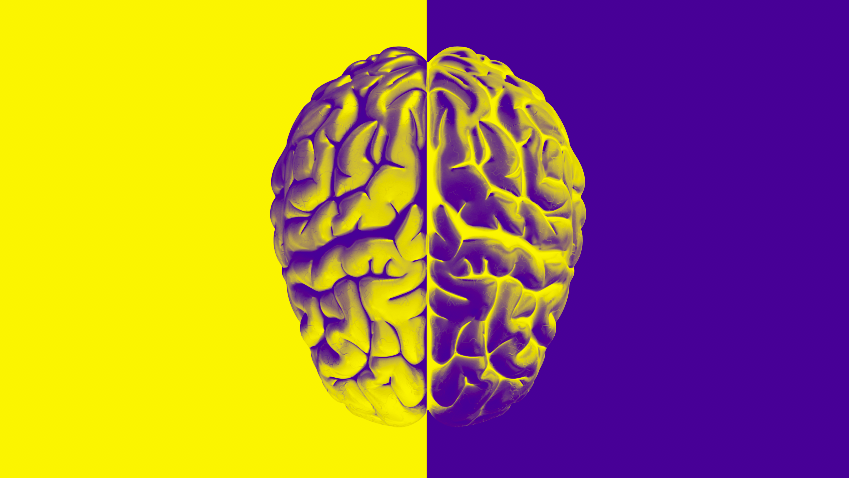
An MIT article on AI ethics found that biases are tricky to fix. (Source: Ms. Tech; Photo Pixologic Studio/Science Photo Library)
Papal Group, UN Warn of ‘Dark Side’ of AI without Ethics Policies
From the European Union to a group associated with the Pope and also a representative of the United Nations, international warnings abound against adopting AI technology without properly vetting its use and establishing ethics policies that can be enforced to prevent abuse.
The United Nation’s top disarmament official said in a story posted on Feb. 24 that governments need to beware of the “dark side” of AI and killer robots that could act without human intervention, according to globalnews.ca, a Canadian news site. Izumi Nakamitsu, the UN’s undersecretary-general for disarmament affairs, said that governments need to prevent bad military applications and warned that nuclear arsenals could be hacked.
Izumi Nakamitsu, United Nations Under Secretary General of Disarmament Affairs, warned Canada about military use of AI. (Source: Wikipedia via UNODA)
“While there could be positive military applications for the new technology, including making missile targeting more precise to minimize civilian casualties, Nakamitsu said legitimate questions remain about whether the weapons themselves could make the actual decisions about when to open fire and what to shoot at — something that should be left to humans.
She said she supports the Campaign to Stop Killer Robots, an international movement that has spread to about 60 countries including Canada, that is advocating for a treaty to ban autonomous weapons.”
According to cruxnow.com, the Pontifical Academy for Life invited Brad Smith, president of Microsoft, and John Kelly III, executive vice president of IBM to an event Feb. 28 in a “Call for AI Ethics.” The group asked that “ethical principles be present in AI products that they develop, sell and use,” said Father Paolo Benanti, a papal academy member and Third Order Regular of St. Francis, at a Vatican news conference Feb. 25.
As “an open framework,” the appeal is meant to be “the start of a movement that brings together people of goodwill to cooperate so that ethical choices, legal standards and appropriate education efforts make civil society capable of facing this new season” of a world increasingly impacted by AI technology, said the theologian and expert in bioethics and ethics of technology.
Archbishop Vincenzo Paglia, president of the pontifical academy, told reporters…the appeal, which they will present to Pope Francis, was necessary given the great need for “a strong moral drive to humanize technology and not ‘technologize’ humanity.”
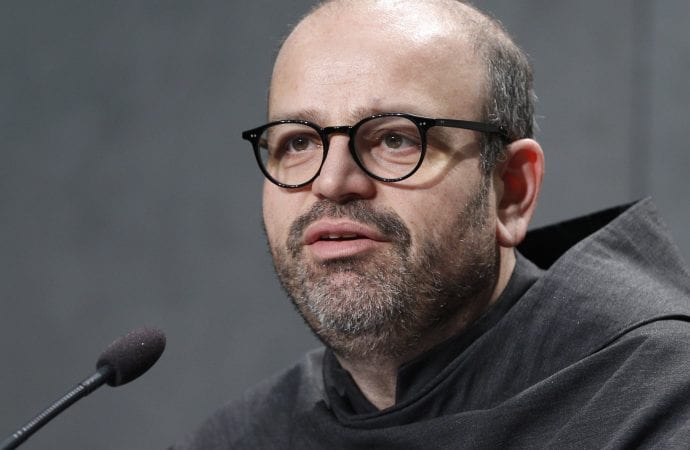
Franciscan Father Paolo Benanti, a professor at the Pontifical Gregorian University and specialist in digital ethics, speaks during a news conference at the Vatican Feb. 25, 2020.(Source: Paul Haring/CNS.)
An online British publication, thetablet.co.uk, wrote that the group asked IBM and Microsoft to sign a charter asking all leading AI companies to follow and ethical framework and guidelines for developing artificial intelligence. The group hopes the document inspires government bodies, NGOs, industry leaders and associations to become part of the movement to guide development and use of AI technology.
Other issues that researchers and government officials in the United States and other countries have raised include problems with AI discriminating against dark-skinned people in facial recognition programs and against women and minorities in hiring, parole, credit ratings and a myriad of other areas where data is biased or models are flawed, as described in a recent story by the Computer Science Artificial Intelligence Lab (CSAIL) at MIT. That doesn’t address violation of privacy, either, which is one of the central concerns raised by the EU in its proposed AI regulations.
read more at technologyreview.com

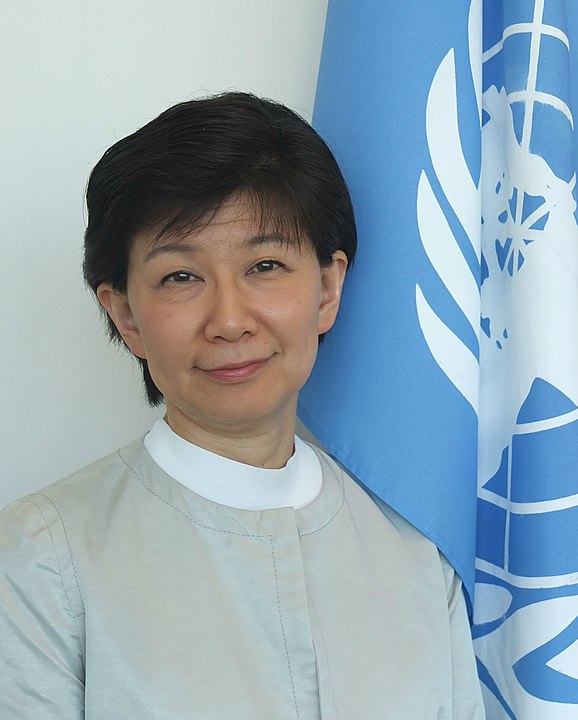
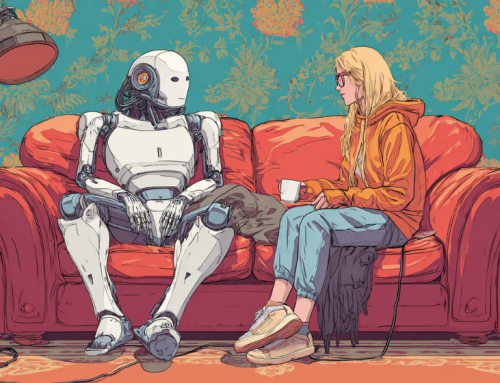



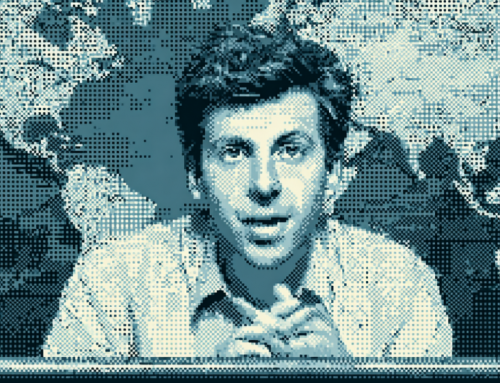

Leave A Comment